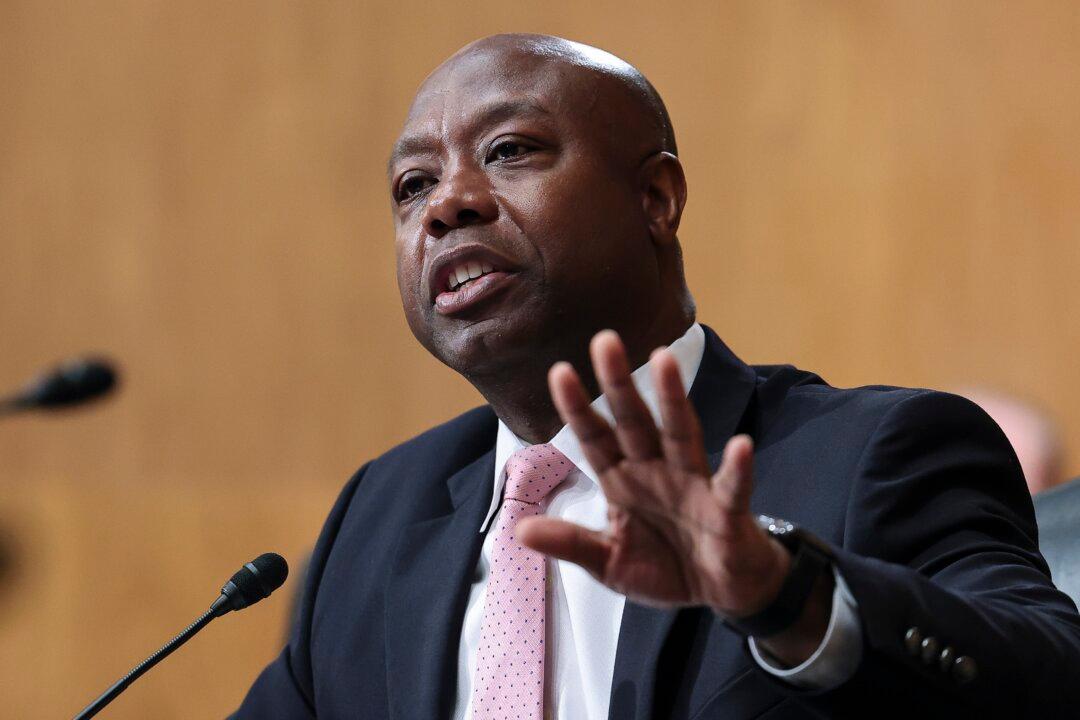The U.S. Senate on Dec. 14 rejected a measure that would have repealed a new federal rule that imposes restrictions on federal funding for charter schools.
The 49–49 vote saw all Democrats and nominal independents vote against the measure and all Republicans vote for it. Sens. Ted Cruz (R-Texas) and John Hickenlooper (D-Colo.) did not vote.





